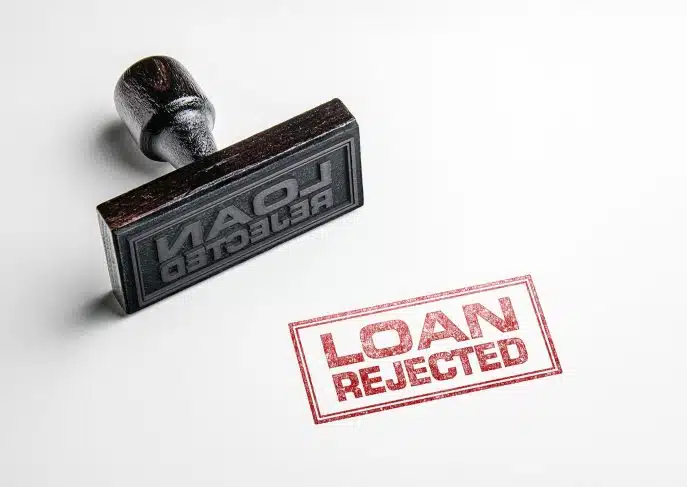The end of the financial year is your best chance to reset, refine, and reduce your tax burden. Follow this EOFY tax checklist to streamline your reporting and maximise savings.
For Australian small business owners, the end of financial year (EOFY) isn’t just another date on the calendar. It’s a crucial opportunity to review their performance, close their books, and set the stage for growth.
This is where having an organised approach to business tax preparation becomes advantageous. It helps you stay compliant, avoid unnecessary penalties, and make the most of available deductions.
To help you out, here’s an EOFY tax checklist you can use as a guide. It outlines everything you need to do to minimise tax liabilities and position your business for success in the new financial year.
The EOFY Tax Checklist
Item #1: Reconcile Your Accounts and Records
Start by making sure your bookkeeping is accurate and up to date.
Go through your general ledger, bank statements, credit card records, and invoices to ensure they match. Also, make sure to follow up on outstanding invoices and address any discrepancies before you finalise reports.
This step forms the foundation of your business tax preparation, so it’s essential to double-check every figure.
Item #2: Finalise Payroll and Superannuation
The EOFY is the time to ensure your payroll obligations have been met in full. This includes superannuation contributions, PAYG withholding, and other staff-related taxes.
Use this chance to:
- Review wages paid during the year
- Check that super contributions were paid on time
- Ensure Single Touch Payroll (STP) reports are lodged with the ATO
Aim to pay your super by the 30 June deadline. Doing so may allow you to claim a deduction in the current financial year—another smart way to minimise tax liabilities.
Item #3: Identify Eligible Deductions
One of the most important parts of your EOFY tax checklist is identifying what deductions you’re entitled to. You might be surprised at how many costs can be claimed if they relate directly to running your business.
Common deductible expenses include:
- Office supplies and IT equipment
- Work-related travel and vehicle use
- Staff training and development
- Marketing and advertising costs
- Insurance premiums
- Business loan interest
Make sure you have receipts or records for every claim since the ATO is strict about substantiating deductions.
Item #4: Review Asset Purchases and Depreciation
If you’ve purchased equipment or vehicles during the year, now’s the time to consider depreciation benefits.
You may be eligible for either temporary full expensing or simplified depreciation rules. Both can help you minimise tax liabilities by letting you claim a bigger portion of asset costs upfront.
This is a good conversation to have with your accountant or tax adviser as you complete your business tax preparation.
Item #5: Write Off Bad Debts and Obsolete Stock
If your business has unpaid invoices you’ve determined are unrecoverable, now is the time to write them off. Doing so before EOFY ensures they can be deducted from your taxable income.
Likewise, if you’re carrying unsellable inventory or outdated stock, you may be able to claim a deduction for its reduced value.
This part of the EOFY tax checklist ensures you’re not paying tax on income you haven’t actually received.
Item #6: Consider Deferring Income or Accelerating Expenses
Timing can make a real difference to your EOFY outcome.
Think about deferring some revenue until after 30 June or bringing forward deductible expenses, depending on your business’s cash flow and income. Doing so can help to flatten income spikes and reduce your immediate tax bill.
Speak to your accountant to determine whether this approach makes sense for your situation.
Item #7: Update Your Business Plan and Forecasts
EOFY is not just about looking back—it’s also a time to look ahead. As part of your broader business tax preparation, update your financial projections, budgets, and operational plans for the new year.
Review what worked well over the last 12 months, and identify areas for improvement. And if you’re planning to expand, hire staff, or invest in new equipment, ensure these goals are reflected in your new budget.
Item #8: Lodge BAS and Tax Returns On Time
Missing tax deadlines can result in fines and added stress. Make sure you know when your BAS, income tax return, and fringe benefits tax (FBT) submissions are due.
If you’re using a registered tax agent, you may qualify for an extended deadline. Just be sure to confirm their lodgement program.
Keeping these dates front of mind is a key part of any EOFY tax checklist.
Item #9: Back Up Your Data
Tax time is also a good opportunity to safeguard your business records. Create secure backups of:
- Financial reports
- Payroll summaries
- Superannuation records
- Invoices and receipts
- Business contracts
Store these in a cloud-based system or an external hard drive. Know that backups aren’t just important for compliance. They also protect your business in case of system failure or data breach.
Item #10: Meet With Your Accountant or Adviser
Even if you’re confident in your recordkeeping, a professional accountant or bookkeeper can offer strategic insights to help you minimise tax liabilities. They may spot opportunities for deductions, flag compliance issues, or help you prepare for the upcoming year with a clear plan.
Make it a habit to meet with your adviser at EOFY not just to look back, but to plan forward.
Turn EOFY into Opportunity
As you can see, the end of the financial year doesn’t have to be stressful. With the right approach, this period can be a launchpad for smarter spending, sharper strategy, and better growth.
Use this EOFY tax checklist to stay compliant, make informed decisions, and boost cash flow where possible. Start early, stay organised, and lean on expert help when needed.
Support Your Next Step with Flexible Financing
Strategic business tax preparation often highlights areas where additional funding could make all the difference—whether that’s upgrading equipment, launching a campaign, or smoothing cash flow as you enter the new financial year.
Unsecured Finance Australia can help. We offer fast, flexible loan options tailored to small businesses like yours.
Apply online and you could receive approval within 24 hours.
Explore our unsecured business loans and set your business up for a stronger new year.




